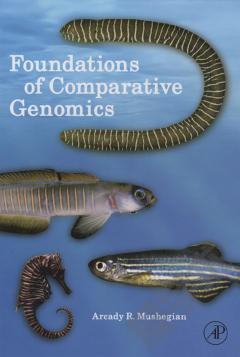Basic Phylogenetic Combinatorics
Phylogenetic combinatorics is a branch of discrete applied mathematics concerned with the combinatorial description and analysis of phylogenetic trees and related mathematical structures such as phylogenetic networks and tight spans. Based on a natural conceptual framework, the book focuses on the interrelationship between the principal options for encoding phylogenetic trees: split systems, quartet systems and metrics. Such encodings provide useful options for analyzing and manipulating phylogenetic trees and networks, and are at the basis of much of phylogenetic data processing. This book highlights how each one provides a unique perspective for viewing and perceiving the combinatorial structure of a phylogenetic tree and is, simultaneously, a rich source for combinatorial analysis and theory building. Graduate students and researchers in mathematics and computer science will enjoy exploring this fascinating new area and learn how mathematics may be used to help solve topical problems arising in evolutionary biology.
{{comment.content}}








 京公网安备 11010802027623号
京公网安备 11010802027623号